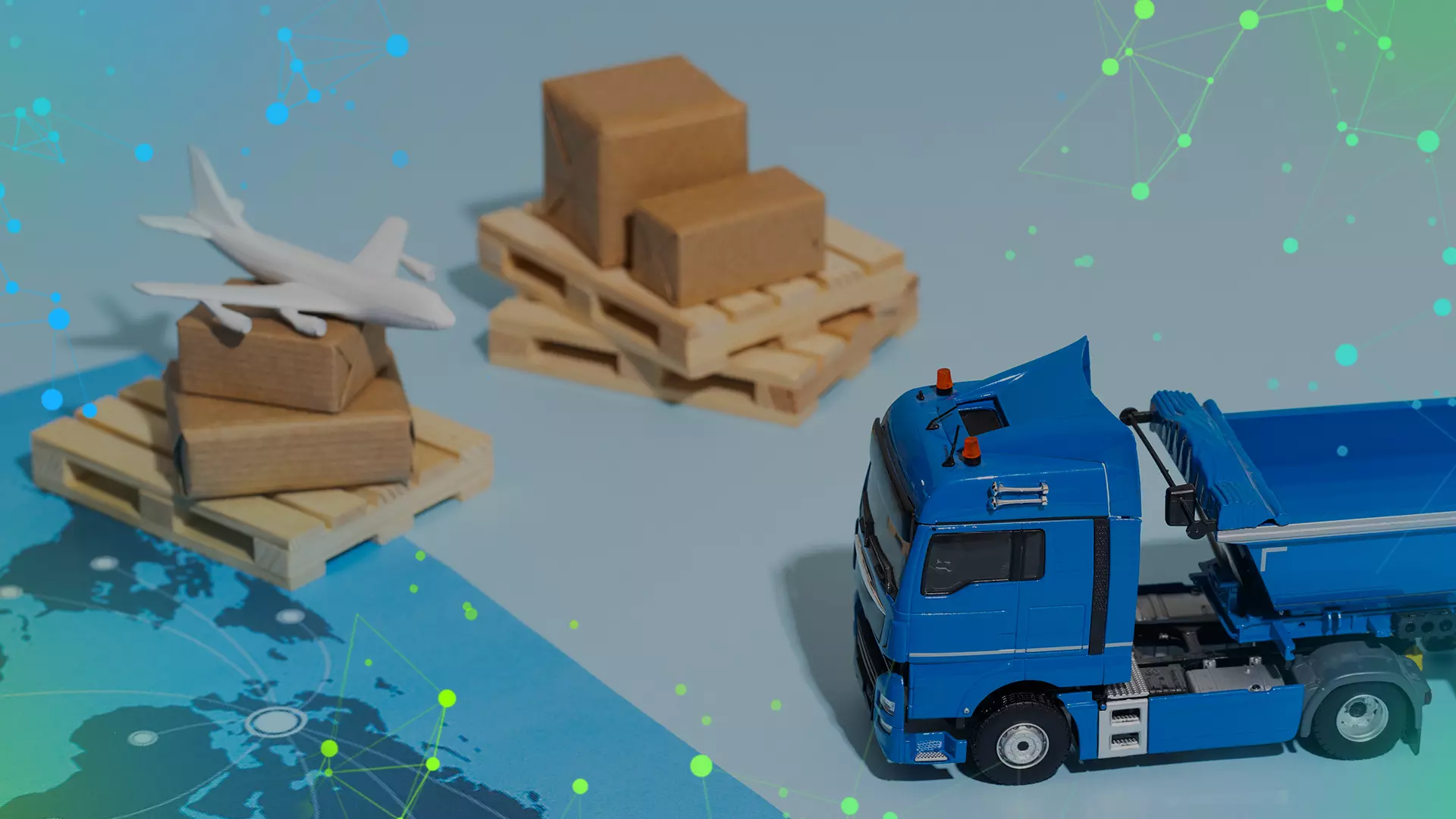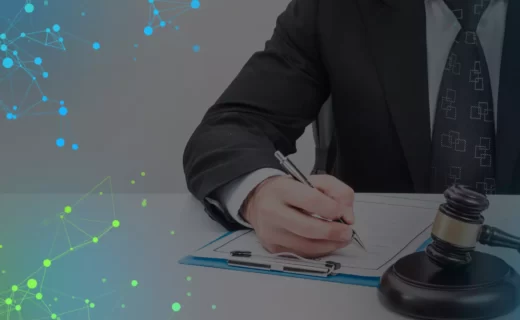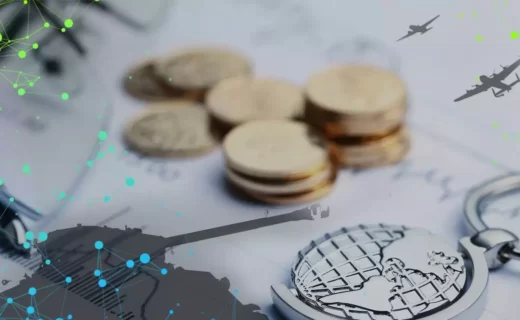
Legal Support for Import and Export
In the conditions of the modern world, where international economic relations are becoming increasingly important, import and export are key components of successful business activities. Strict compliance with the law and effective management of legal aspects of foreign economic activity are an integral part of the strategic development of enterprises and organizations that have ambitions to enter the global markets. A reliable assistant in complex issues of international business is the company Dextralaw. Our experienced lawyers have a deep understanding of international legal norms, legislation, and trade restrictions. This allows us to provide comprehensive legal support for import and export at every stage of the operation of enterprises or organizations.
Which Industries Need Legal Assistance
Legal support for import and export operations is an important component of the successful foreign economic activity of enterprises. As a rule, the assistance of qualified legal specialists is required in the following industries:
Agriculture/Agriculture:
- Obtaining the necessary permits and certificates for the export or import of agricultural products.
- Compliance with phytosanitary and veterinary requirements when crossing borders.
- Legal support for the export of agricultural products in trade with foreign partners.
Raw Materials:
- Documentation for the import/export of raw materials.
- Tracking requirements for customs duties and taxes on raw materials.
- Regulation of currency operations in the trade of raw materials.
Manufactured Goods:
- Development and analysis of contracts for the supply of finished products.
- Intellectual property issues in the export/import of technologies or patented products.
- Compliance with quality and safety standards when crossing borders.
Requirements for Products in Global Markets
Familiarize yourself with the general requirements for products in global markets:
- Product quality. Manufacturers must comply with quality standards and norms established for a specific industry.
- Product safety. Safety requirements may include compliance with standards, certification, quality control, and traceability of products at all stages of delivery.
- Environmental standards. Companies must adhere to environmental standards, implement renewable resources, and reduce their impact on the environment.
- Labeling and packaging. This includes product identification, consumer information, language requirements, and more.
- Technical standards. Some industries must comply with specific technical standards or regulations.
- Certification. Access to certain markets or industries may require obtaining specific certificates or permits confirming compliance with certain requirements.
- Competitive pricing policy. Different markets have different pricing requirements depending on competition and consumer purchasing power.
How Can We Help?
The experts at Dextralaw provide legal support for the export of agricultural products, raw materials, manufactured goods, jewelry, and other industries engaged in foreign economic activity.
Our advantages:
- Extensive experience and understanding of the specifics of each industry;
- Individual approach;
- A wide range of legal services;
- Client support in any force majeure circumstances;
So, if you need qualified assistance in matters of foreign economic activity, be sure to contact us!
Questions and Answers
What legal aspects need to be considered when organizing international export operations?
When conducting international export operations, it is important to consider legal aspects such as compliance with the trade laws of the importing country, the conclusion of international contracts, customs and tax obligations, rules for tracking goods, as well as dispute resolution and possible sanctions.
What legal aspects are related to international import of raw materials for production?
When importing raw materials for production internationally, it is important to consider aspects such as compliance with technical standards, quality certification, ensuring safety, and compliance with environmental standards. In addition, it is necessary to enter into contracts with suppliers that clearly regulate delivery terms, payments, and other details.
What can be the consequences of non-compliance with customs and tax obligations during foreign economic activity?
Violation of customs and tax obligations can lead to serious consequences, such as fines, confiscation of goods, suspension of operations, damage to reputation, and possibly even legal actions. To avoid such consequences, it is important to comply with all customs and tax rules.
How can legal protection be ensured in case of disputes with foreign counterparties?
To ensure legal protection in case of disputes with foreign counterparts, it is important to enter into written contracts with clear terms and dispute resolution mechanisms. It is also useful to use alternative dispute resolution methods, such as mediation or arbitration.
Who Are the Subjects of Foreign Economic Activity (FEA)?
Subjects of foreign economic activity (FEA) are various organizations, enterprises, institutions, and individuals engaging in trade and economic relations beyond their own country. Among the subjects of FEA can be:
- Companies involved in the production, processing, sale, and supply of goods and services in global markets. These can be large corporations, small and medium-sized enterprises engaged in export and import.
- Banks and financial institutions providing financing for international operations, currency exchanges, and other financial services to FEA subjects.
- Government authorities regulating and supporting international trade, including customs services, ministries of foreign affairs, economic development, and others.
- International organizations supporting international trade and economic cooperation, such as the World Trade Organization (WTO), the International Monetary Fund (IMF), and others.
- Individual entrepreneurs and individuals engaged in international operations, such as the import and export of goods, provision of services abroad, investments, and more.
- International distributors and intermediaries acting as intermediaries in trade relations between producers and consumers abroad.
- Logistics and transportation companies providing the transportation of goods and services from one country to another, including maritime, air, railway, and road transport.
- Organizations providing various services, such as logistics, insurance, consulting, legal support, and others, to FEA subjects.
FEA Licensing
FEA licensing is the process of obtaining official permits and licenses from competent authorities to carry out certain types of trade, export, import, or other foreign economic operations.
- The key aspects of FEA licensing include:
- Export and import licenses;
- Special licenses and permits;
- Technology licensing;
- Intellectual property licensing;
- Financial operations licensing;
- Service sector licensing.
Customs Accreditation: The Law on Foreign Economic Activity
Customs accreditation is an important stage in foreign economic activity. It reflects the relationship between FEA subjects and customs authorities. The Law of Ukraine "On Foreign Economic Activity" regulates many aspects of foreign trade and international cooperation. Let's take a closer look at this law.
The Law "On Foreign Economic Activity" establishes the legal framework and rules regulating the interaction of FEA subjects with customs authorities and other relevant bodies. One of the important aspects of this law is the accreditation of FEA subjects at customs.
Accreditation at customs involves the procedure of registration and recognition of an FEA subject as authorized to carry out trade and economic operations through customs. This allows the FEA subject to use special rights and benefits during the import-export operations.
Accreditation may include the following aspects:
- Recognition of the status of an "accredited FEA subject";
- Simplified customs clearance procedures, which contribute to reducing the time and costs of customs clearance of goods;
- Priority servicing;
- Reduced risks of delays, errors, and misunderstandings during customs clearance.
The overall scope of rights and benefits that an accredited subject receives depends on specific conditions, industries, and the volume of foreign economic operations. The Law of Ukraine "On Foreign Economic Activity" also defines other aspects of FEA, such as:
- Procedures for concluding foreign economic contracts;
- Customs and trade restrictions;
- Foreign exchange control;
- Ensuring competitiveness, and much more.
Export
Export is an important aspect of international relations in which companies and organizations expand their activities beyond the domestic market, selling their products and services on the international level. This promotes the mutual exchange of goods and knowledge between different countries, contributing to economic growth and development. The quality and competitiveness of exported goods and services play a key role in the success of international markets, and legal aspects and customs procedures are also important for the successful implementation of export activities.
1) Comprehensive Support for Enterprise for Export Activities
Dextralaw legal company provides comprehensive support for enterprises engaged in export activities. This helps maximize opportunities in international markets, reduce risks, and ensure the successful implementation of export strategies. The process includes active support and consultations from experts with deep knowledge in the field of foreign trade and international relations. Some key aspects of comprehensive support for enterprises engaged in export activities include:
2) Export of Goods
Export of goods is the primary form of export, involving the sale of products from the producing country or supplier to international markets. These can be various types of goods, ranging from raw materials and components to finished products. Export of goods requires compliance with customs rules, quality standards, licensing, and other requirements of the receiving country. Our lawyers will help resolve all issues and provide expert consultations.
3) Export of Services
Export of services includes the provision of various services abroad. These can be financial, advisory, transportation, engineering, technical, and other types of services. Export of services is also regulated by international and national standards, requiring licensing and adherence to quality standards. Therefore, if you need consultations and assistance from top lawyers, contact Dextralaw.
Law of Ukraine dated October 2, 2019, No. 141-IX "On Amendments to the Customs Code of Ukraine Regarding Certain Issues of the Functioning of Authorized Economic Operators" (effective from November 7, 2019)
The Law of Ukraine dated October 2, 2019, No. 141-IX "On Amendments to the Customs Code of Ukraine Regarding Certain Issues of the Functioning of Authorized Economic Operators" introduced changes to the Customs Code of Ukraine and is related to the customs system reform. The main goal of this Law was to support and stimulate Authorized Economic Operators (AEOs), which are enterprises meeting specific criteria and enjoying a simplified customs clearance regime.
The main changes introduced by this Law include:
- Expansion of AEO categories: The Law allows for expanding the categories of enterprises that can obtain AEO status, including manufacturers, importers, exporters, transportation companies, and others.
- Reduction of document volume: The Law simplifies customs clearance procedures for AEOs by reducing the number of required documents and mandatory checks.
- Introduction of simplified customs control: AEOs can use simplified customs control, reducing the time and costs of customs procedures.
- Enhanced predictability: The Law provides the opportunity for greater predictability for AEOs, allowing them to plan and manage their activities more efficiently.
- Protection of AEO rights and interests: The Law provides AEOs with an additional level of protection of their rights in relations with customs authorities.
Cabinet of Ministers of Ukraine Resolution dated July 29, 2020, No. 665 "On Some Issues of the Functioning of Authorized Economic Operators" (hereinafter - Resolution No. 665).
The main goal of the resolution is to provide favorable conditions for the activities of AEOs and simplify customs clearance. Some aspects of the resolution include:
- Expansion of AEO activities: The resolution allows AEOs to perform additional operations, including those related to foreign economic activity.
- Simplified customs clearance: The resolution provides simplified customs control and clearance procedures for AEOs, reducing the time and costs of exporting/importing goods.
- Responsibility and control: The resolution specifies the responsibilities and liability of AEOs to customs authorities and other supervisory bodies.
- Electronic declaration: The resolution introduces the option of electronic declaration for AEOs, enhancing convenience and efficiency.
- Verification of AEO capability: The resolution outlines the procedure for verifying and confirming AEO compliance with requirements.
Import
Import is the process of acquiring goods, services, or other products from abroad and importing them into one's own country. Dextralaw legal specialists provide consultations on the following issues:
1) Import and Foreign Economic Activity:
- Registration of a Foreign Economic Activity subject. The registration process includes obtaining the necessary permits and licenses for conducting foreign economic activity. This may include obtaining an identification number, customs registration, and other documents.
- Recommendations on customs clearance of goods. Legal specialists provide recommendations regarding optimal strategies for customs clearance of goods, choice of customs points, tariffs, which contribute to reducing tax obligations.
- Development and approval of Foreign Economic Activity contracts. Our specialists assist in developing and negotiating international contracts for the supply of goods, determining delivery terms, payments, compliance with the legislation, etc.
2) Legal support for the import of dietary supplements (Badov) into Ukraine:
- Registration and licensing. Assistance in registering and obtaining the necessary licenses for the import of dietary supplements in accordance with Ukrainian legislation.
- Compliance with standards. Ensuring compliance of dietary supplements with standards and regulations established in Ukraine to ensure safety and quality.
- Customs and tax aspects. Calculation and optimization of customs and tax obligations, payment of duties, taxes, and fees.
- Legal compliance. Consultations on compliance with all laws and regulations governing the import and sale of dietary supplements in Ukraine.
- Document legalization. Assistance in legalizing documents and relevant certificates for the import of dietary supplements.
Our services
Any questions left?
Why delay, describe your problem or question by contacting us by ordering a call, or contacting us through contacts in a way convenient for you!


